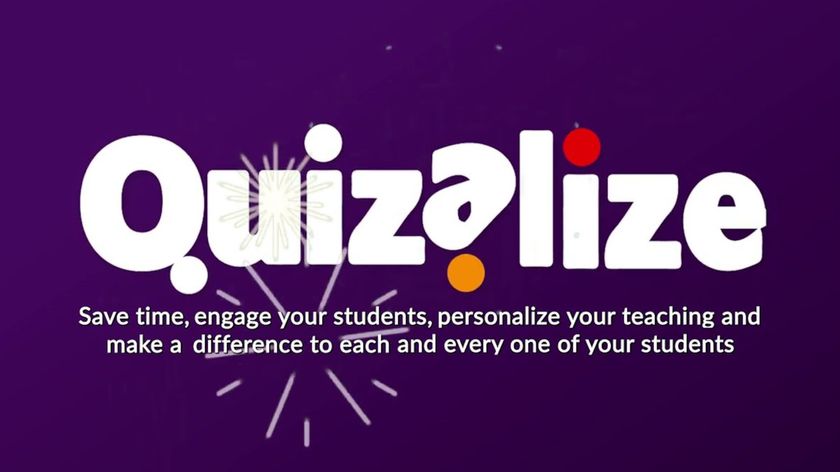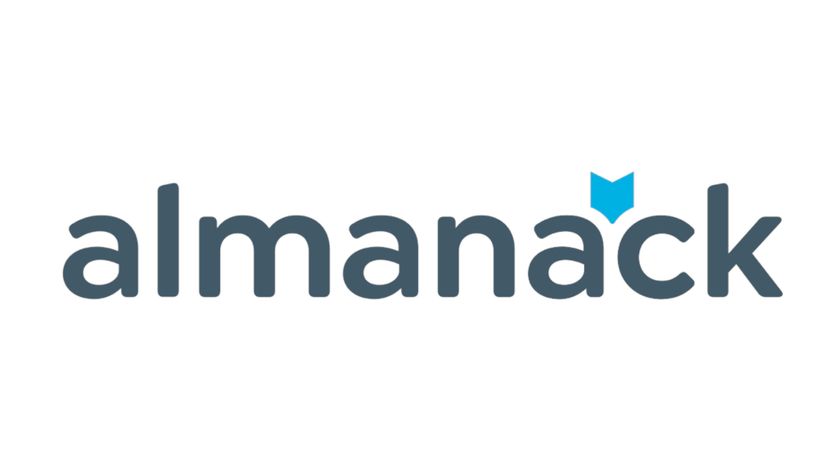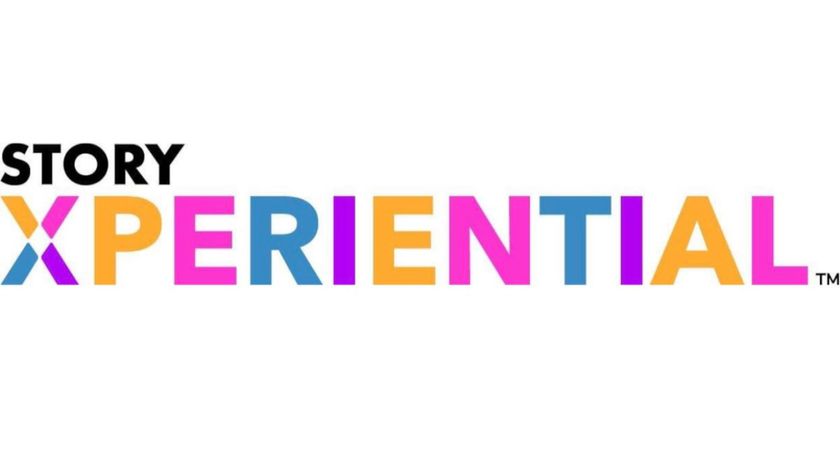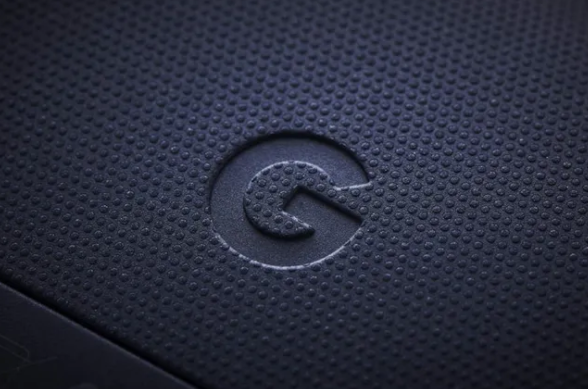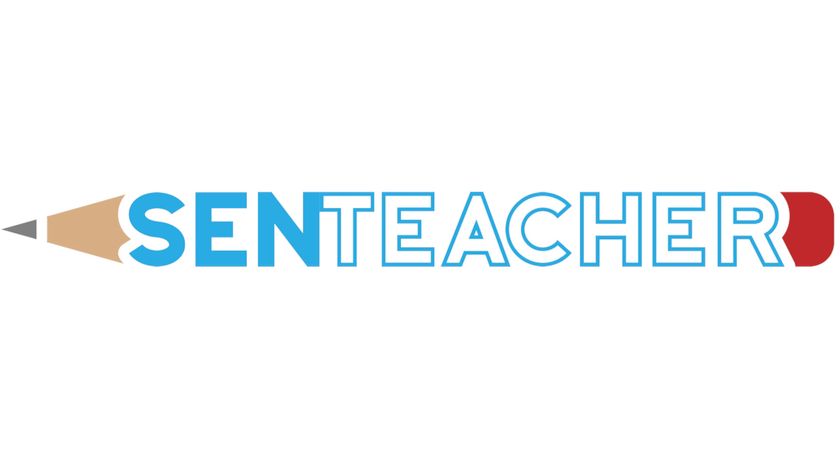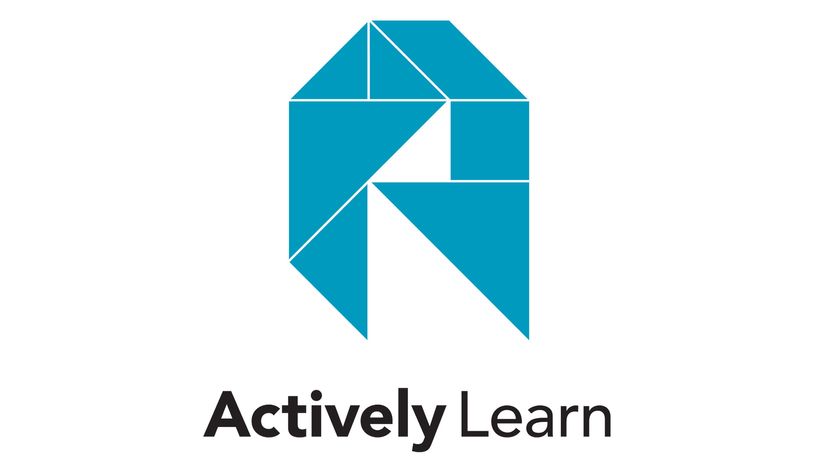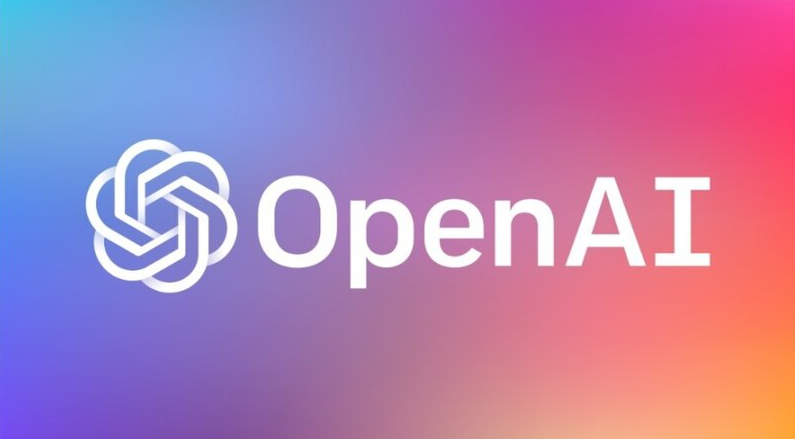FactCheck.org: How to Use It to Teach
FactCheck.org is dedicated to truth by debunking myths and rumors
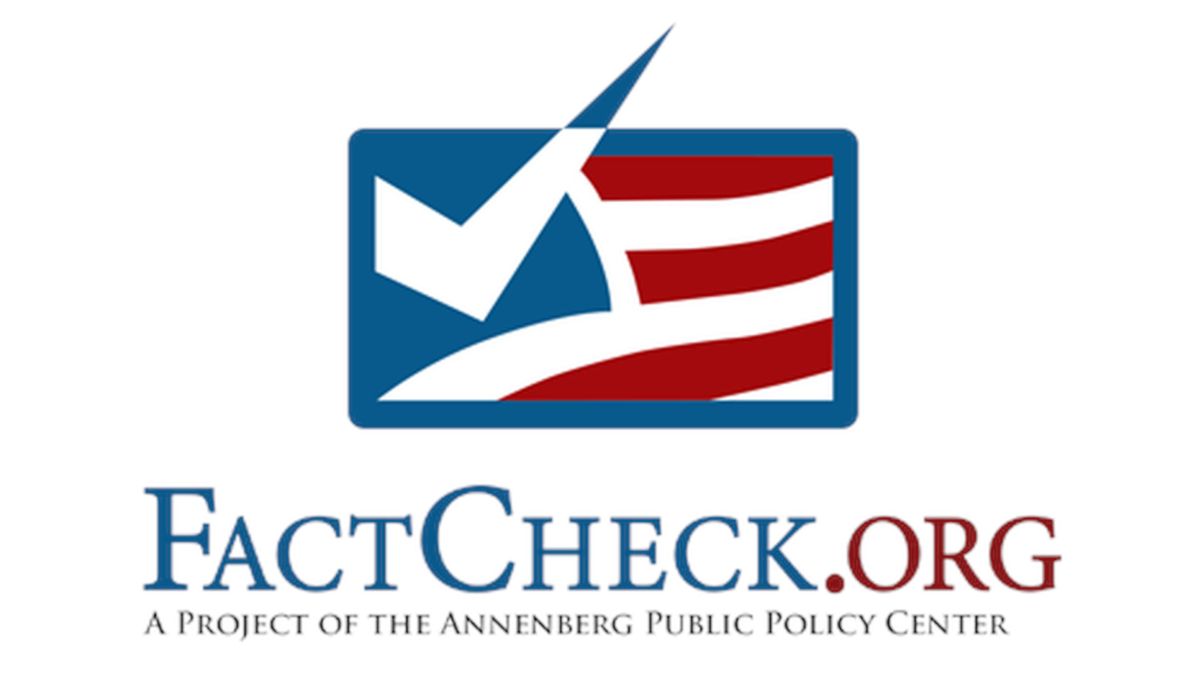
FactCheck.org is a website that, as the name suggests, helps anyone to assess if something they have seen is factually accurate or not. This is a great resource for both teachers and students in checking source validity online.
The nonprofit website works with a goal of reducing confusion and deception in U.S. politics -- to avoid misinformed voting and potentially persuaded outcomes.
The site mostly offers rebuttals to false claims made online, from viral myths to online rumors. By debunking these, the website offers a space to find truth in an often confusing online mix of sources and information.
The site aims to offer a well-balanced spread of information, not taking one side or the other, which makes it a useful resource for teachers and students alike. This resource is run by Penn University, although this doesn't appear to play any role in terms of potential bias found on the site.
What is FactCheck.org?
FactCheck.org is a website that features information dedicated to truth by debunking myths and rumors that were built on falsehoods.
While the site primarily focuses on political stories, it can also offer political style commentary. For example, in the first presidential debate between Donald Trump and Kamala Harris, the website offered a list of points that address when facts had been distorted or incorrectly stated by both candidates.
Usefully, all the points are made bulleted at the start and then go into detail with sub-headings below, with sources right at the bottom. That makes this very easy to digest and so can be useful for younger students as well as those new to political debate.
Tech & Learning Newsletter
Tools and ideas to transform education. Sign up below.

How does FactCheck.org work?
FactCheck.org is a free to visit website that works much like many news websites. This will take a story, perhaps already online or circulating on social media, and will pick it apart to find the truth. Thanks to a use of sources, which are listed, this makes for a clear way to see the truth, or masking of a truth, so readers can assess and decide for themselves.
Since this is web-based, it is very easy to access from a browser on nearly any device with an internet connect. Consequently, students are able to use this resource anytime they require, and from their personal devices.
The site is sectioned with areas that include Articles, Ask A Question, Topics, Search, and More. All that makes navigation simple and with the search option it allows anyone the ability to deep dive into the past as needed without costing them in research time.
As well as a FactCheck section, aimed at politics, there is also a SciCheck which helps bring clarity to stories around science, health, and the environment, also found in the news and beyond.
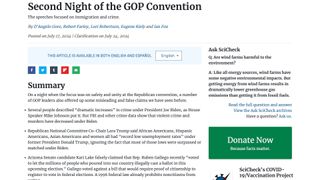
What are the best FactCheck.org features?
FactCheck.org uses a really wide variety of sources, which means the end result is the most balanced and truthful. A big part of that appeal is in all the time and research effort expended, resulting in a finished package for students and teachers. Crucially, thanks to those sources being laid out, it also means a chance to go through that research process, just a whole lot faster.
The Ask A Question option is a nice feature as it is over email, so it will be looked at by a real person, and if picked, will be researched and answered on the website. This can be a great way for students to see how that works while also growing the content available on the site for others.
The inclusion of the SciCheck section allows understanding to go beyond politics, making this a useful resource for teachers of a wider variety of subjects. This can be used for science, geography, social studies, and more as a powerful resource for exploring.
Many articles are offered in several language options, including English and Spanish, to ensure maximum accessibility.

How much does FactCheck.org cost?
FactCheck.org is totally free to use and does not require you to give any details or be tracked in any way. An option to donate is available to help the team behind this valuable resource. You can give as a one-time payment or pay monthly donations of set amounts or a specified value.
In either case, it can reflect how much you use and appreciate the resource and it is made clear this goes to Penn University, the entity behind the website.
FactCheck.org best tips and tricks
Work backward
Use the sources at the bottom to show students how to fact check the story themselves and to ensure they know how to fact check any story they read.
Set a task
Give students a story with falsehoods in it and have them assess it for truth, citing sources that helped them come to their conclusions along the way.
Ask a question
Have the class come up with a question, or several, to submit to the website for answering then look out for the response and share it with the class.
Luke Edwards is a freelance writer and editor with more than two decades of experience covering tech, science, and health. He writes for many publications covering health tech, software and apps, digital teaching tools, VPNs, TV, audio, smart home, antivirus, broadband, smartphones, cars and much more.

